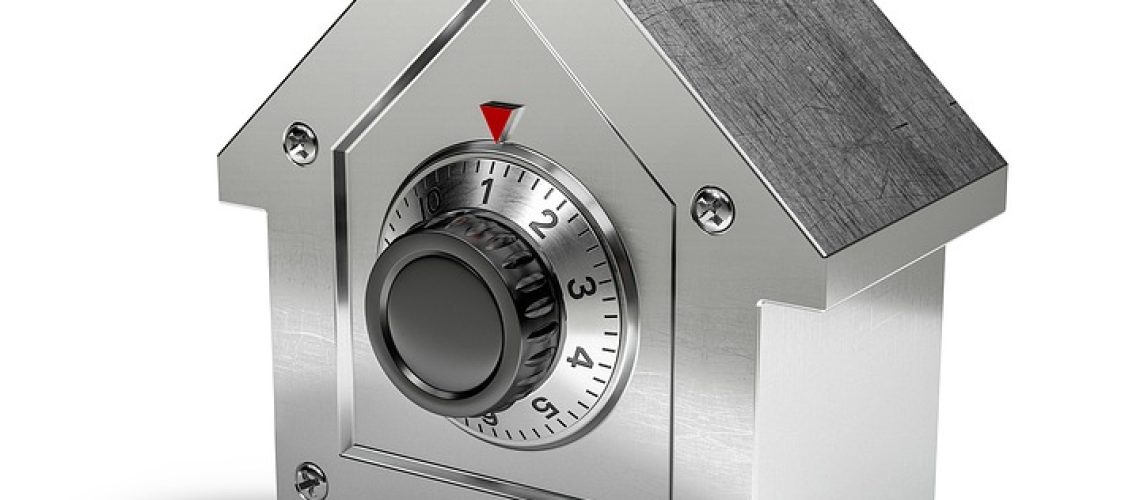If you have valuables in your home, whether it’s cash, jewellery, collectibles or valuable artwork – it’s incredibly important that you take steps to make it safe and reduce the risk of theft and damage.
One of the best ways to do this is by investing in a good safe. But which type of safe should you get? That’s what this article is here to help you figure you.
Below are some of the most important things to consider when choosing a safe for your home.
How much are your valuables worth?
The reason it’s important to know how much the valuables you’re going to be storing in your safe are worth is so you can chose the correct safe based on the Eurograde rating system used by insurance companies.
The Eurograde rating ranges from 0 to 7 and the more your cash/valuables are worth, the higher rating of safe you’ll need to get in order for them be covered by your insurance.
What budget do you have available?
The cost of safes varies quite a lot. You can get smaller, more basic safes that are intended to store just a few items for a relatively low cost. However, if you need something that provides more protection, then you’ll want to invest more for a higher Eurograde rating and more advanced security features.
Is fire resistance important?
If you want to be sure that the contents of your safe would survive undamaged even in the event of a fire, then you’ll want to get a safe with a high fire resistance rating.
A lot of safes are sold as fire resistant but will only provide minimal protection. Because of this it’s important to find out exactly what level of protection a safe offers before you invest in it. Look for recognized certificates for fire safety, including LFS, UL and SP. You should also check for the numbers to show how long the safe can survive in a fire.
What kind of locking system do you want?
There are several locking systems you can choose from when buying a safe, from simple key locks to more advanced biometric locking systems. Which you choose will depend on your budget as well as how important convenience and safety are.
Simple key lock safes are generally the cheapest option but come with some downsides, namely that anyone with the key can unlock and it can be costly to replace the key if you lose it.
A more modern alternative is to key locks and mechanical combinations locks, is to get a safe with an electronic lock. Electronic locks require a numbered code to gain entry to the safe. This is certainly very quick and convenient but for cheaper models, they often use technology that can be bypassed by thieves with the right tools.
Lastly, we come to biometric locking systems. Safes with biometric security require either a thumbprint or retinal scan from the user to gain access. Not only does this make getting access to the safe very quick and easy, but it also provides an excellent level of security. As you would expect, biometric safes typically cost considerably more than other types of safes.


